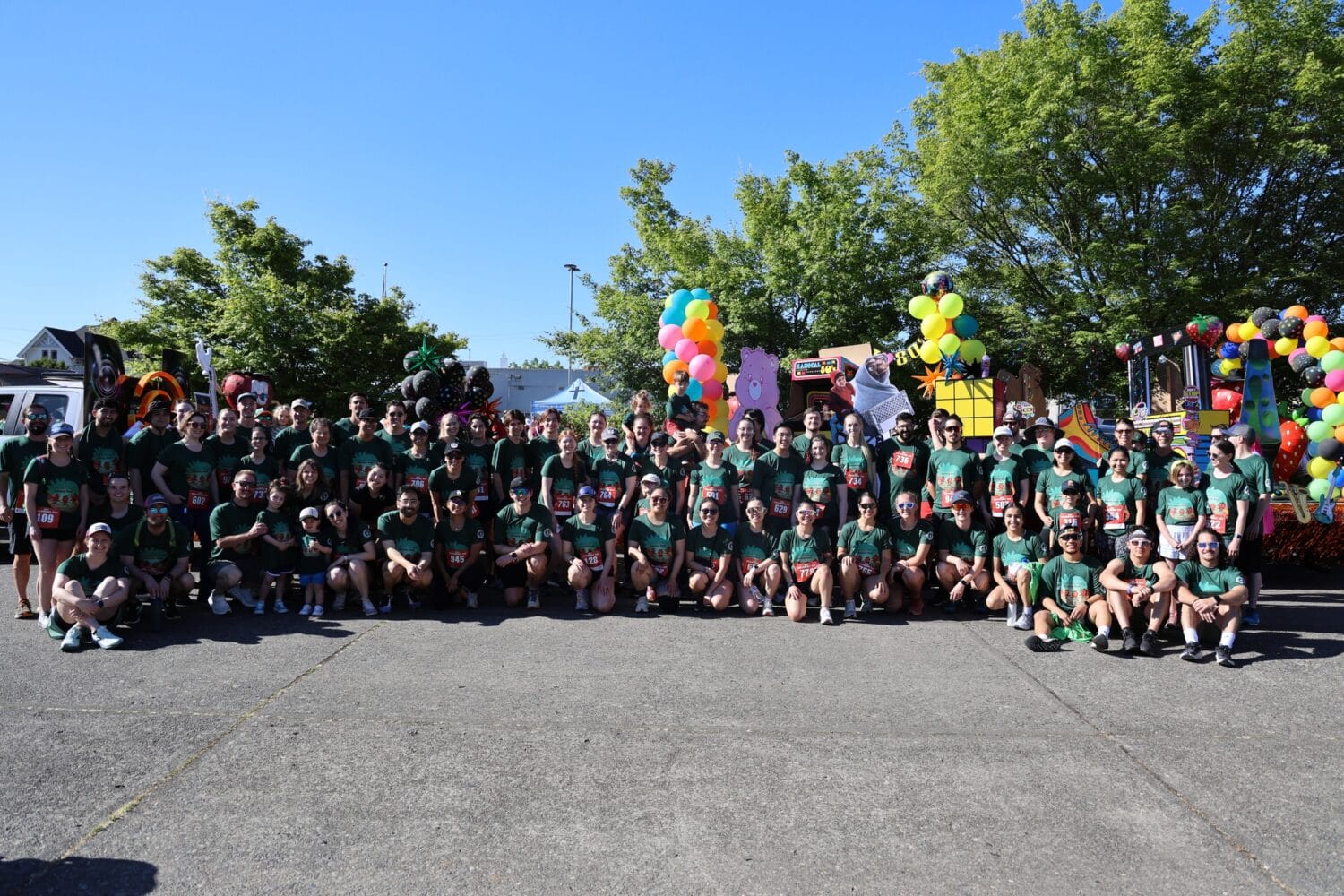Child Holocaust survivor shares her story; helps WesternU observe Holocaust Remembrance Day
One of the big differences between the two Nazi concentration camps that Holocaust survivor Gabriele Silten remembers in 1944-45 is that bunk beds in one of her camp barracks were made of wood and the beds in the other camp were made of metal.
That one big difference meant more bugs, bed bugs and lice that bore into everything, including the wood, into clothing, blankets, and the straw-filled bags used for pillows.
Silten spoke to Western University of Health Sciences students, faculty and staff about her ordeal in Nazi concentration camps Thursday, April 28, 2011. The university’s Hillel club invited her to speak on campus for Holocaust Remembrance Day.
Nationally, Holocaust Remembrance Day is Sunday, May 1.
Silten described that both concentration camps she and her parents were sent to when she was 10, Westerbork in the Netherlands and Theresienstadt in what was then called Czechoslovakia, were overcrowded and densely populated. The camps were surrounded by barbed wire; both were about one square mile and were surrounded by guard towers. Food, work and sleeping arrangements were practically the same – terrible.
"Westerbork and Theresienstadt were better than Auschwitz," said Silten. "Had we been sent to Auschwitz, they might have kept my father for work, but my mother and I would have been gassed right away."
Hillel Co-president Rozalin Rabieian, DO ’14, said it’s our responsibility to remember and document this horrific time in history to ensure that history does not repeat itself.
"Never again can we let such horrors to occur to any group of people regardless of their backgrounds, race, and ideologies," said Rabieian.
Faith Weinberg-Levine, PharmD ’14, made sure to attend Sitlen’s speech and thinks it’s important to listen to survivors of the Holocaust.
"This generation is getting older and dying and we need to understand what they went through," said Weinberg-Levine.
During a question and answer session, a student asked Silten what message she would give to WesternU health sciences students.
"I think the only message is acceptance," Silten said. "People use tolerance a lot, but I don’t like that word because to me in means putting up with. If everybody accepted, there would be a lot less trouble in the world."
Silten and her parents were still in Theresienstadt in May 1945 when they were liberated. They returned home to Amsterdam in June. Click here for more information about Ms. Silten, from the United States Holocaust Memorial Museum website.
Silten has been a Pomona, Calif. resident since 1976. She is scheduled to speak six times from now until May18 in various locations to help honor the observances of Days of Remembrance.



